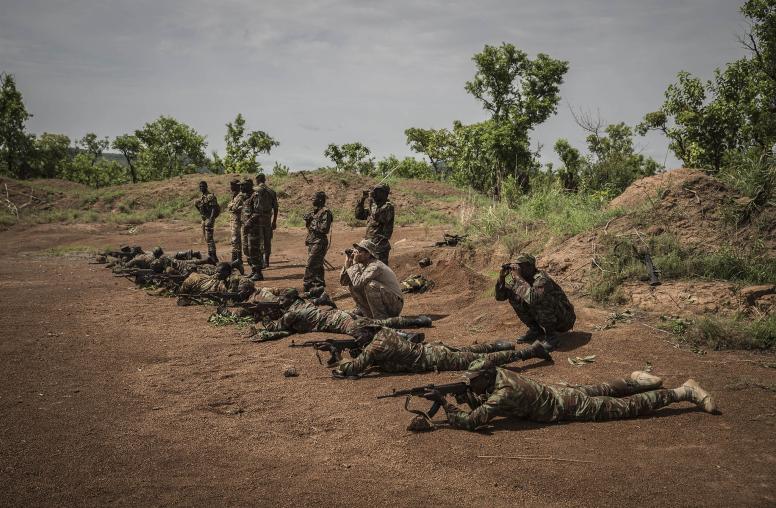The Jihadi Threat: ISIS, Al Qaeda and Beyond
The West failed to predict the emergence of al-Qaeda in new forms across the Middle East and North Africa. It was blindsided by the ISIS sweep across Syria and Iraq, which at least temporarily changed the map of the Middle East. Both movements have skillfully continued to evolve and proliferate — and surprise. What’s next? Twenty experts from think tanks and universities across the United States explore the world’s deadliest movements, their strategies, the future scenarios, and policy considerations. This report reflects their analysis and diverse views.
This report is a collaboration by 20 experts on the Middle East, Islamic extremism, and jihadism who held a series of conferences between August and November 2016. “The Jihadi Threat” reflects the broad — and often diverse — views of the coauthors. Not every one agreed on all points, but the variety of findings, trend lines, and scenarios for the future covers the best thinking about the evolution of the Islamic State, al-Qaeda, and their affiliates.
The United States Institute of Peace was the primary sponsor of this initiative, with the backing of the Woodrow Wilson International Center for Scholars. Fifteen other think tanks and universities were represented in the Working Group on Extremism. The goal was always to reflect the widest expertise and the full spectrum of views.
The navigation bar along the right side includes links to six sections of the report. The first is an overview examining the future of extremism. The second, third, and fourth sections profile ISIS, al-Qaeda, and Jabhat Fateh al-Sham, respectively, and lay out future scenarios for each group. Part five is an analysis of key drivers of extremism ― state frailty, ideological upheaval, conflict zones, foreign intervention, socioeconomic factors, and technology. The sixth and final section outlines policy considerations for dealing with jihadi movements.



